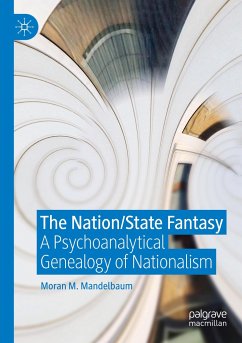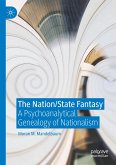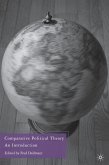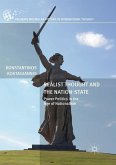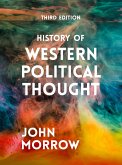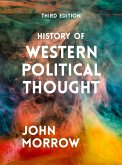This book explores the origins of nationalism and the ideal of nation/state congruency since early-modern European thought, their transformation over time and endurance in contemporary political thought and IR theory. The author deploys a Lacanian-psychoanalytical reading of nationalism and the nation/state that goes beyond methodological nationalism and state-centrism critiques. He offers a genealogical inquiry into the emergence of the nation/state congruency ideal, thus exposing and problematising the practices that render nationalism and the ideal of the nation/state necessary. Offering a new way to read the ontology and epistemology of the nation/state, this work will be of interest to students and scholars of nations and nationalism, political thought, critical international relations and critical security studies.
Bitte wählen Sie Ihr Anliegen aus.
Rechnungen
Retourenschein anfordern
Bestellstatus
Storno

